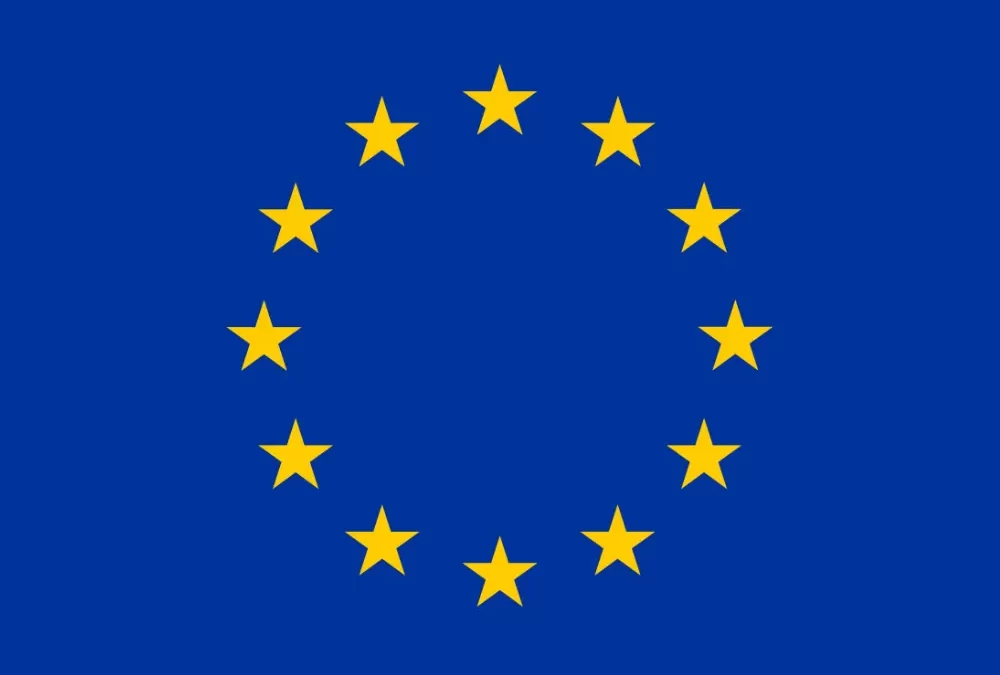In keeping with the framework of the Economic Partnership Agreement (EPA), the European Union Intellectual Property Office (EUIPO) has been actively working to strengthen the intellectual property (IP) rights environment in the Caribbean region, particularly to support local businesses that trade their products across borders. In this article, we will explore how the EUIPO is helping to protect the rights of Caribbean businesses and why this is crucial for their growth and development.
Its useful to remind ourselves of the role of intellectual property rights in the Caribbean region, being the legal protections granted to individuals and businesses for their creations, such as inventions, trademarks, and designs. These protections allow creators to control how their work is used and to derive financial benefits from it. In the Caribbean, a strong intellectual property rights framework is essential for businesses that rely on their intellectual property assets to compete in the global marketplace.
However, the intellectual property rights environment in the Caribbean is not always well-established. Some countries in the region lack the resources and infrastructure to effectively protect and enforce IP rights. This can create a challenging environment for local businesses, particularly those that trade their products across borders within the Caribbean and beyond.
To address these challenges, the EUIPO has been working with Caribbean governments and stakeholders to strengthen the IP rights environment in the region through the CARIFORUM Intellectual Property Rights and Innovation (CArIPI) project. Through this association the EUIPO has provided technical assistance and capacity-building activities to support the development of IP laws, regulations, and enforcement mechanisms. This includes training workshops, seminars, and expert missions to share best practices and build local expertise.
One example of the EUIPO’s work in the Caribbean is the recent launch of a regional IP database. The database, called the Caribbean Intellectual Property Office Network (CIPO-Net), is a collaborative platform that allows Caribbean businesses and IP offices to search for and register trademarks and designs across multiple jurisdictions. This can help businesses protect their intellectual property assets more effectively and reduce the risk of infringement.
Another project saw the launch of a new online multi-lingual consultation tool ‘Caribbean TMclass’, which allows access to the lists of terms accepted as suitable to identify goods and services for the purposes of the registration of marks by the thus far eight (8) participating Caribbean IP Office territories, being Antigua & Barbuda, Belize, Cuba, The Dominican Republic, Saint Kitts and Nevis, Saint Lucia, Trinidad and Tobago and Saint Vincent and the Grenadines. As the tool allows access to over 78,000 terms which applicants can use to describe the goods and services they are seeking to protect, being online, this will also reduce the likelihood of inconsistency across the region.
The Global Pandemic saw a rise in the number of cottage industries where persons tapped into their hidden skills to produce food, cosmetic and other household items or hone their talents to provide much needed entertainment and services. This resulted in a rise in online trade as these goods and services utilized online business platforms to market and sell their products and brands. But as we all know, once something is made available online on an ecommerce platform or even more simply on Instagram or FaceBook, it is open for anyone anywhere to see, copy and adopt.
How easy it now is to duplicate a product intricately crafted somewhere on the other side of the Caribbean Sea, and pass it off as ones own creation in the local market. Imagine the surprise if when surfing the internet, a mango soap branded ‘Sabon St. Lisi’, (the Creole name for Saint Lucia) said to be manufactured from “locally” grown ingredients is the #1 soap being marketed and sold in Cuba? Where does that leave the actual St. Lucian original producer?
The EUIPO’s efforts to strengthen the IP rights environment in the Caribbean have significant benefits for local businesses. By protecting their intellectual property assets, businesses can safeguard their reputation, brand image, and market position. They can also increase their competitiveness by ensuring that their innovations and designs are not copied by competitors. This can help to spur innovation and economic growth in the region.
In conclusion, the EUIPO’s work to strengthen the intellectual property rights environment in the Caribbean is an important step towards supporting local businesses that trade their products across borders. By providing technical assistance and capacity-building activities, the EUIPO is helping to create a more robust and effective IP framework that benefits businesses and economies in the region.
By Natalie E. G Augustin

